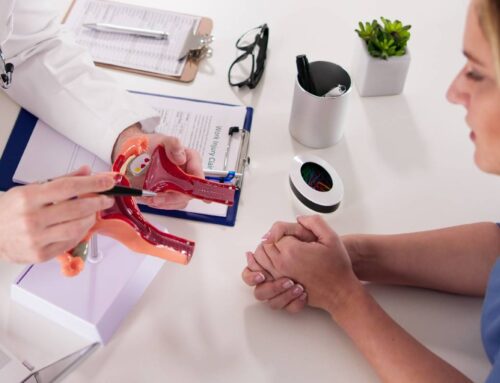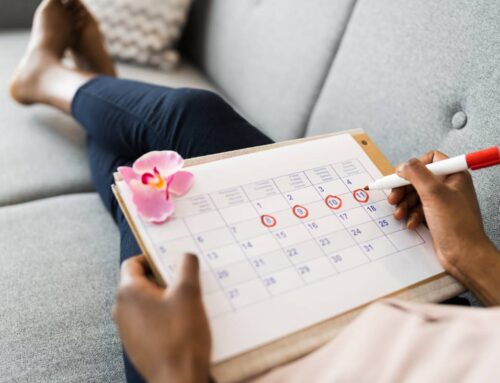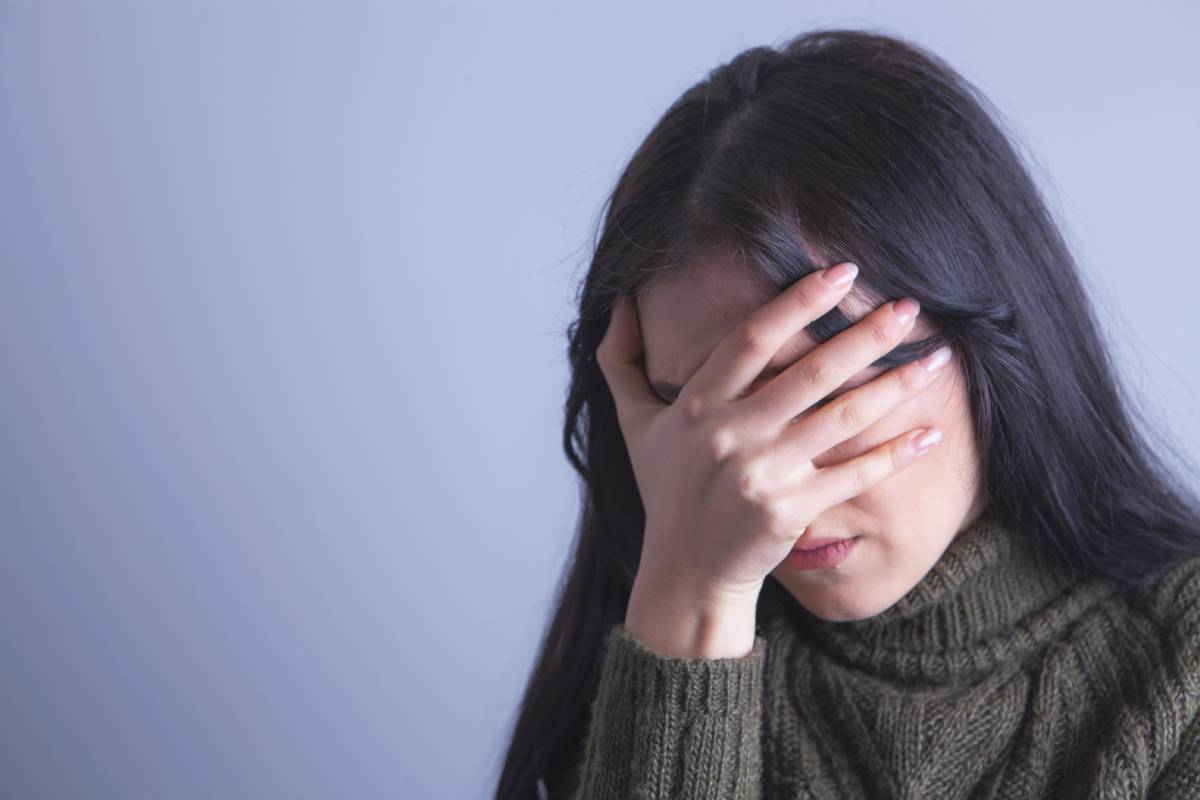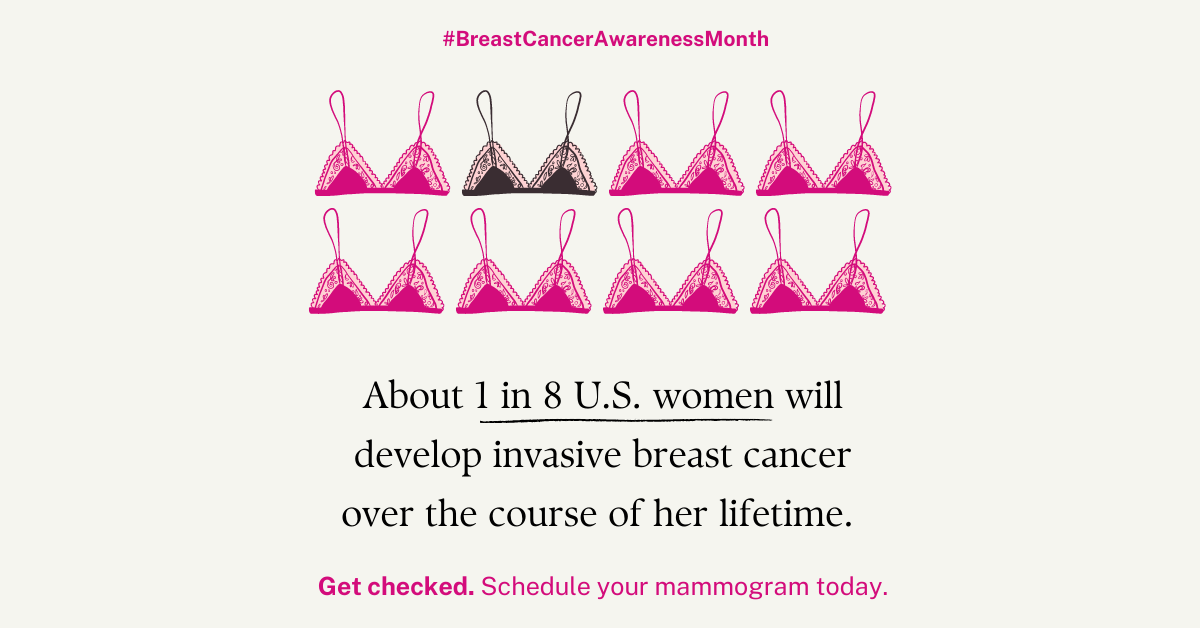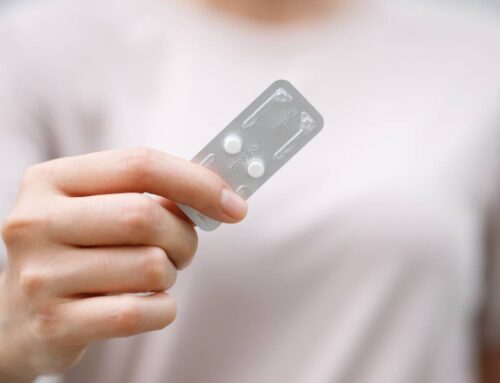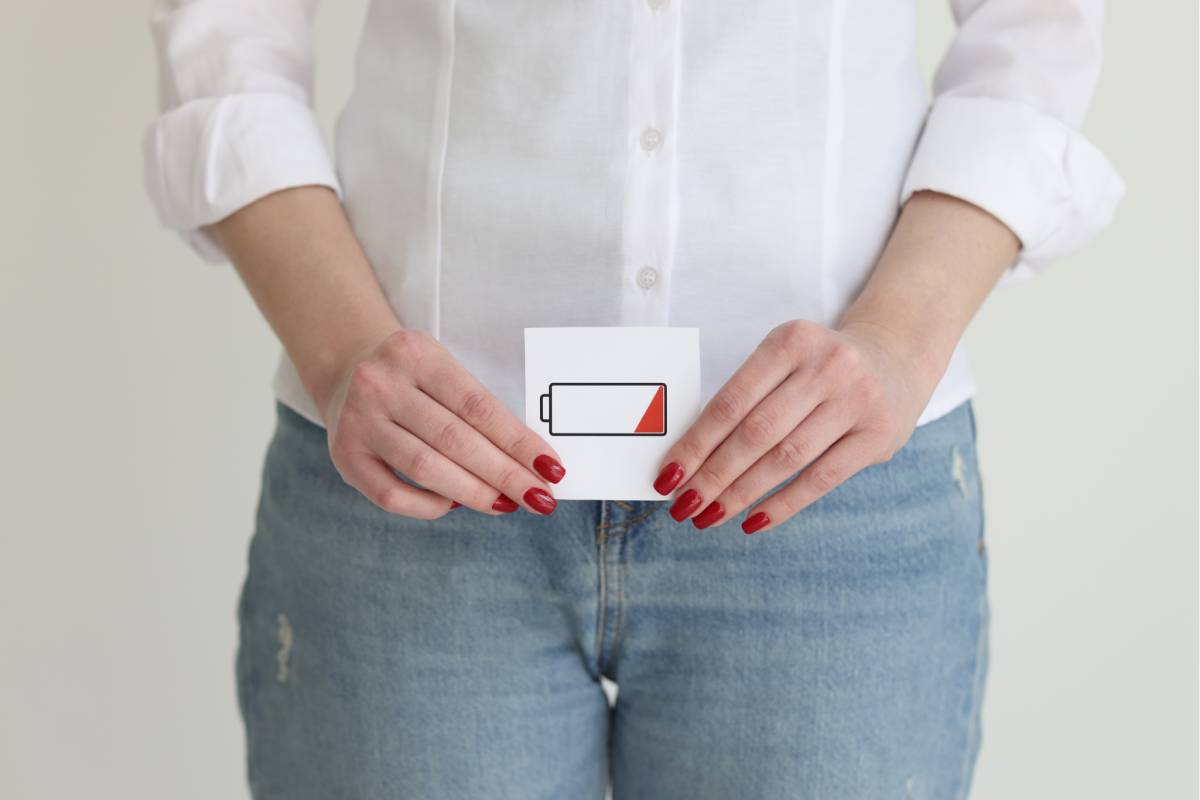
Sexual desire is a natural and dynamic aspect of life, influenced by various factors such as hormonal fluctuations, lifestyle choices, and overall health. Changes in libido are completely normal, and with the right knowledge and support, you can maintain a fulfilling and satisfying intimate life. At A Woman’s Place in Naples, FL, we help patients navigate these changes with confidence and effective solutions.
How Hormones Affect Libido
Hormones play a vital role in regulating sexual desire. Understanding how they impact libido can help you take proactive steps toward maintaining a healthy sex drive.
- Estrogen: This hormone enhances arousal and promotes vaginal lubrication, making intimacy more comfortable and enjoyable. A decline in estrogen levels, such as during menopause, can lead to vaginal dryness and a decrease in libido. However, solutions like hormone therapy and vaginal moisturizers can help restore comfort.
- Testosterone: Though often associated with men, testosterone is also essential for women’s sexual desire. It naturally decreases with age, which may lead to lower libido. Some women may benefit from testosterone therapy under medical supervision.
- Progesterone: This hormone fluctuates throughout the menstrual cycle and during pregnancy. High progesterone levels, especially in the second half of the cycle or during pregnancy, can temporarily reduce sexual desire.
Common Causes of Low Libido
A decrease in libido is often due to a combination of hormonal, physical, and emotional factors. Some of the most common causes include:
- Menopause and Hormonal Shifts: The decline in estrogen during menopause can cause vaginal dryness and discomfort during intercourse, leading to a reduced interest in sex. Fortunately, there are many treatment options available, such as lubricants, vaginal estrogen therapy, and hormone replacement therapy (HRT).
- Stress and Fatigue: Mental and emotional well-being significantly impact sexual desire. High stress levels, anxiety, and inadequate sleep can reduce libido. Finding ways to manage stress through relaxation techniques, self-care, and a good sleep routine can improve your overall well-being.
- Medications: Certain medications, including birth control pills, antidepressants, and blood pressure medications, may contribute to a lower sex drive. If you suspect medication is affecting your libido, consult your healthcare provider about potential alternatives or adjustments.
- Lifestyle Factors: A lack of exercise, poor nutrition, and excessive alcohol consumption can all impact libido. Maintaining a healthy, balanced lifestyle can have a positive effect on sexual desire.
Managing Changes in Libido
If you’re experiencing changes in libido, there are many ways to restore balance and enhance your intimate well-being. Consider these positive strategies:
- Hormone Therapy: For menopausal women, hormone replacement therapy (HRT) can help restore estrogen levels and improve vaginal comfort. Discuss with your doctor if this option is right for you.
- Lubricants and Vaginal Moisturizers: Over-the-counter lubricants and vaginal moisturizers can enhance comfort during intercourse, reducing discomfort caused by dryness.
- Regular Exercise and Healthy Eating: Physical activity and a nutritious diet can improve circulation, energy levels, and overall well-being, all of which contribute to a healthier sex drive.
- Stress Management: Practicing mindfulness, yoga, or meditation, along with prioritizing rest and relaxation, can help alleviate stress and improve libido.
- Open Communication: Talking openly with your partner about your desires and concerns can strengthen your emotional connection and enhance intimacy.
Your sexual health is an important part of your overall well-being. If you have concerns about changes in libido, contact A Woman’s Place in Naples, FL for expert guidance and personalized care:
https://www.awpnaples.com/contact/
Further Reading
Mayo Clinic – Low Sex Drive in Women
https://www.mayoclinic.org/diseases-conditions/low-sex-drive-in-women/symptoms-causes/syc-20374554
Sexual desire is a natural and dynamic aspect of life, influenced by various factors such as hormonal fluctuations, lifestyle choices, and overall health. Changes in libido are completely normal, and with the right knowledge and support, you can maintain a fulfilling and satisfying intimate life. At A Woman’s Place in Naples, FL, we help patients navigate these changes with confidence and effective solutions.
How Hormones Affect Libido
Hormones play a vital role in regulating sexual desire. Understanding how they impact libido can help you take proactive steps toward maintaining a healthy sex drive.
- Estrogen: This hormone enhances arousal and promotes vaginal lubrication, making intimacy more comfortable and enjoyable. A decline in estrogen levels, such as during menopause, can lead to vaginal dryness and a decrease in libido. However, solutions like hormone therapy and vaginal moisturizers can help restore comfort.
- Testosterone: Though often associated with men, testosterone is also essential for women’s sexual desire. It naturally decreases with age, which may lead to lower libido. Some women may benefit from testosterone therapy under medical supervision.
- Progesterone: This hormone fluctuates throughout the menstrual cycle and during pregnancy. High progesterone levels, especially in the second half of the cycle or during pregnancy, can temporarily reduce sexual desire.
Common Causes of Low Libido
A decrease in libido is often due to a combination of hormonal, physical, and emotional factors. Some of the most common causes include:
- Menopause and Hormonal Shifts: The decline in estrogen during menopause can cause vaginal dryness and discomfort during intercourse, leading to a reduced interest in sex. Fortunately, there are many treatment options available, such as lubricants, vaginal estrogen therapy, and hormone replacement therapy (HRT).
- Stress and Fatigue: Mental and emotional well-being significantly impact sexual desire. High stress levels, anxiety, and inadequate sleep can reduce libido. Finding ways to manage stress through relaxation techniques, self-care, and a good sleep routine can improve your overall well-being.
- Medications: Certain medications, including birth control pills, antidepressants, and blood pressure medications, may contribute to a lower sex drive. If you suspect medication is affecting your libido, consult your healthcare provider about potential alternatives or adjustments.
- Lifestyle Factors: A lack of exercise, poor nutrition, and excessive alcohol consumption can all impact libido. Maintaining a healthy, balanced lifestyle can have a positive effect on sexual desire.
Managing Changes in Libido
If you’re experiencing changes in libido, there are many ways to restore balance and enhance your intimate well-being. Consider these positive strategies:
- Hormone Therapy: For menopausal women, hormone replacement therapy (HRT) can help restore estrogen levels and improve vaginal comfort. Discuss with your doctor if this option is right for you.
- Lubricants and Vaginal Moisturizers: Over-the-counter lubricants and vaginal moisturizers can enhance comfort during intercourse, reducing discomfort caused by dryness.
- Regular Exercise and Healthy Eating: Physical activity and a nutritious diet can improve circulation, energy levels, and overall well-being, all of which contribute to a healthier sex drive.
- Stress Management: Practicing mindfulness, yoga, or meditation, along with prioritizing rest and relaxation, can help alleviate stress and improve libido.
- Open Communication: Talking openly with your partner about your desires and concerns can strengthen your emotional connection and enhance intimacy.
Your sexual health is an important part of your overall well-being. If you have concerns about changes in libido, contact A Woman’s Place in Naples, FL for expert guidance and personalized care:
https://www.awpnaples.com/contact/
Further Reading
Mayo Clinic – Low Sex Drive in Women
https://www.mayoclinic.org/diseases-conditions/low-sex-drive-in-women/symptoms-causes/syc-20374554


